Understanding the Connection Between Autism and Sonic the Hedgehog
The affinity that many autistic individuals have for Sonic the Hedgehog is a phenomenon rooted in a complex interplay of sensory, psychological, and cultural factors. This article delves into why Sonic, a character renowned for his speed and vibrant design, resonates so deeply within the autism community. We explore how neurodiversity influences sensory experiences, how societal perceptions are shifting toward acceptance, and how Sonic's characteristics align with the unique interests and needs of autistic people.
Autism, Neurodiversity, and Sensory Processing
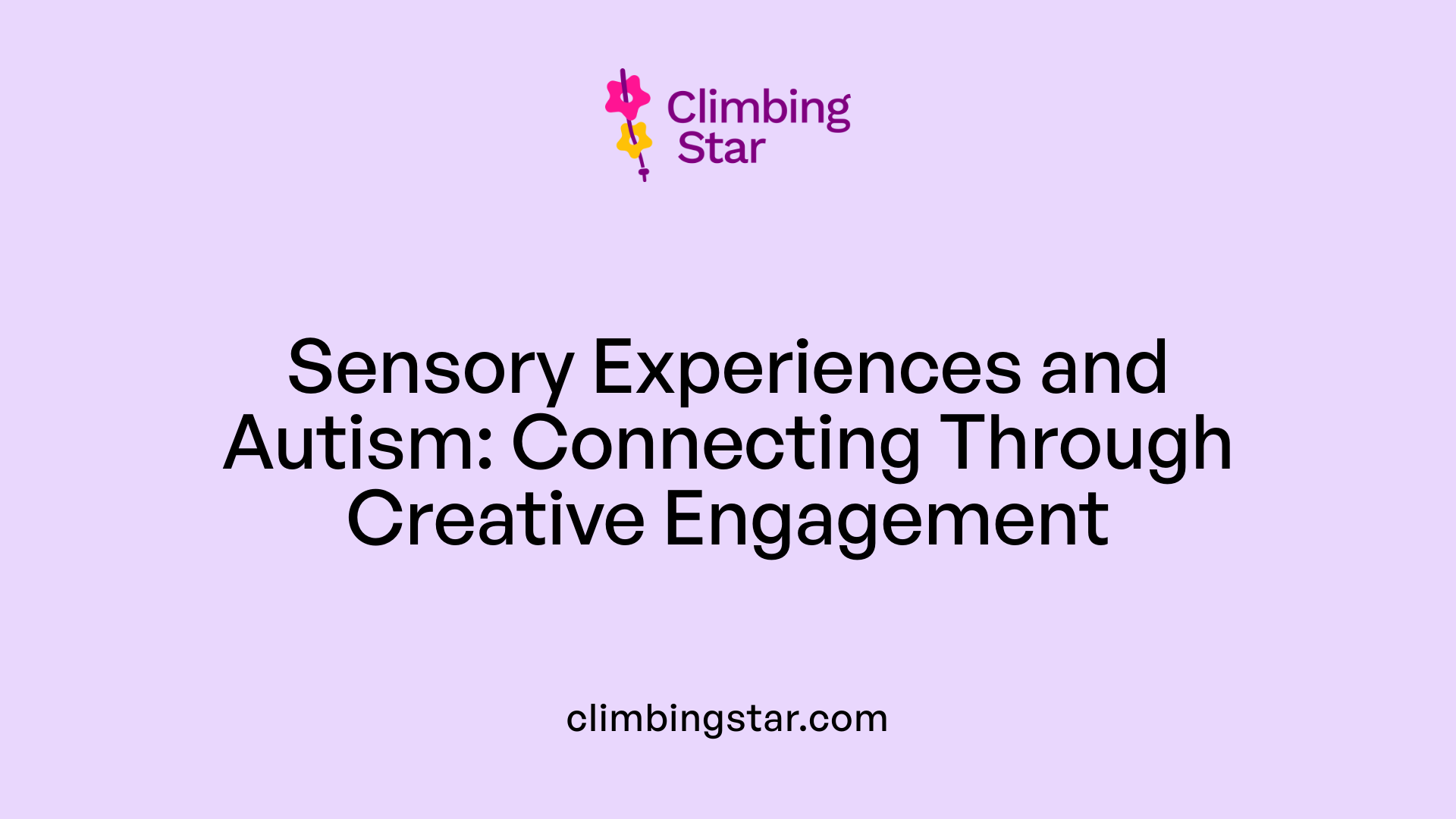
How are autism, neurodiversity, and sensory experiences connected to a preference for Sonic?
Autism, neurodiversity, and sensory experiences are deeply linked through how individuals with autism perceive and process sensory stimuli. Many autistic people experience either hypersensitivity, where sensory input feels overwhelming, or hyposensitivity, where they seek additional stimulation. These sensory differences influence their behaviors, communication styles, and comfort levels.
For example, some autistic individuals engage in sensory seeking behaviors — such as enjoying loud sounds, bright visuals, or textured objects — as a way to self-regulate and find emotional balance. Sonic the Hedgehog, with its vivid, energetic visuals, fast-paced gameplay, and dynamic sounds, provides a form of sensory stimulation that appeals to sensory seekers. The colorful depiction of Sonic, swirling motion, and lively music can create a stimulating environment that feels enjoyable and manageable.
Understanding these sensory profiles underscores the importance of creating personalized sensory experiences. Activities like playing with textures, listening to music, or engaging with characters like Sonic can be essential tools in helping autistic individuals manage their emotions, focus, and overall well-being.
What is the societal perception of autistic people's interests in characters like Sonic the Hedgehog?
Interest in characters such as Sonic the Hedgehog often draws societal attention, with perceptions evolving over time. Historically considered a quirk or a sign of social awkwardness, today, these interests are increasingly recognized as positive aspects of autism. Many autistic individuals develop intense and focused passions, known as special interests, which provide comfort, engagement, and a sense of mastery.
Society's understanding has shifted toward appreciating these interests as valid expressions of identity and neurodiversity. For many, Sonic serves as a source of joy, nostalgia, and community, connecting them with shared fandom experiences. Nonetheless, misconceptions persist, and some may still view these passions through stereotypes or misunderstandings.
Overall, growing awareness fosters respect and appreciation for autistic communities' unique ways of connecting with popular characters like Sonic, highlighting their importance in personal identity and well-being.
How do cultural, psychological, or sensory factors contribute to Sonic's appeal among autistic people?
Multiple factors contribute to Sonic's appeal within autistic communities. Culturally, Sonic is a recognizable and nostalgic character that many grow up with, creating a sense of familiarity and comfort.
Psychologically, Sonic's gameplay offers clear goals, immediate feedback, and visual simplicity, which can be calming and satisfying for autistic players. The game’s structure allows for mastery and control, reducing anxiety and offering a sense of achievement.
Sensory factors also play a significant role. Sonic's bright colors, fast motion, and lively sounds can stimulate or soothe depending on individual preferences. For some, these elements create an engaging environment that aligns with their sensory profile, providing joy and mental engagement without feeling overwhelming.
The combination of these elements makes Sonic particularly appealing, serving as a meaningful activity and source of community for many autistic individuals.
What are some reasons why autistic individuals may have an affinity for Sonic the Hedgehog?
Autistic individuals often develop strong interests in specific topics, and Sonic the Hedgehog is a prime example. Their fascination with Sonic may stem from several factors:
- Deep Engagement: Sonic's fast-paced gameplay and vibrant visuals can captivate autistic players, offering an immersive experience.
- Sensory Engagement: The colorful, dynamic world of Sonic provides sensory input that many find enjoyable, especially if they seek such stimulation.
- Emotional Comfort: Playing Sonic can serve as a calming routine or a way to regulate emotions, especially during stressful times.
- Community and Fandom: Participating in Sonic fandoms fosters social connection and a sense of belonging.
- Focused Interests: Autistic individuals often develop detailed knowledge about their interests, and Sonic's rich universe encourages exploration and mastery.
Overall, the affinity for Sonic aligns with the typical profile of autism-focused interests — intense, immersive, and emotionally supportive. Recognizing this helps in understanding both the personal importance of Sonic to autistic individuals and the value of such interests in promoting well-being and identity.
| Aspect | Explanation | Additional Context |
|---|---|---|
| Sensory Appeal | Visuals, sounds, gameplay dynamics | Engages sensory-seeking behavior |
| Psychological Factors | Clarity of game goals, immediate rewards | Supports emotional regulation |
| Cultural Connection | Nostalgia, familiarity, character recognition | Enhances sense of identity |
| Fandom and Community | Shared interests, participation in fan communities | Promotes social connection |
| Personal Benefits | Comfort, mastery, joy | Contributes to mental health and well-being |
Understanding the complex relationship between autism, sensory processing, and interests like Sonic the Hedgehog reveals the importance of recognizing individual preferences and needs. These interests are not only sources of joy but vital components of identity and emotional health within autistic communities.
Autism and Personal Interests as a Reflection of Identity
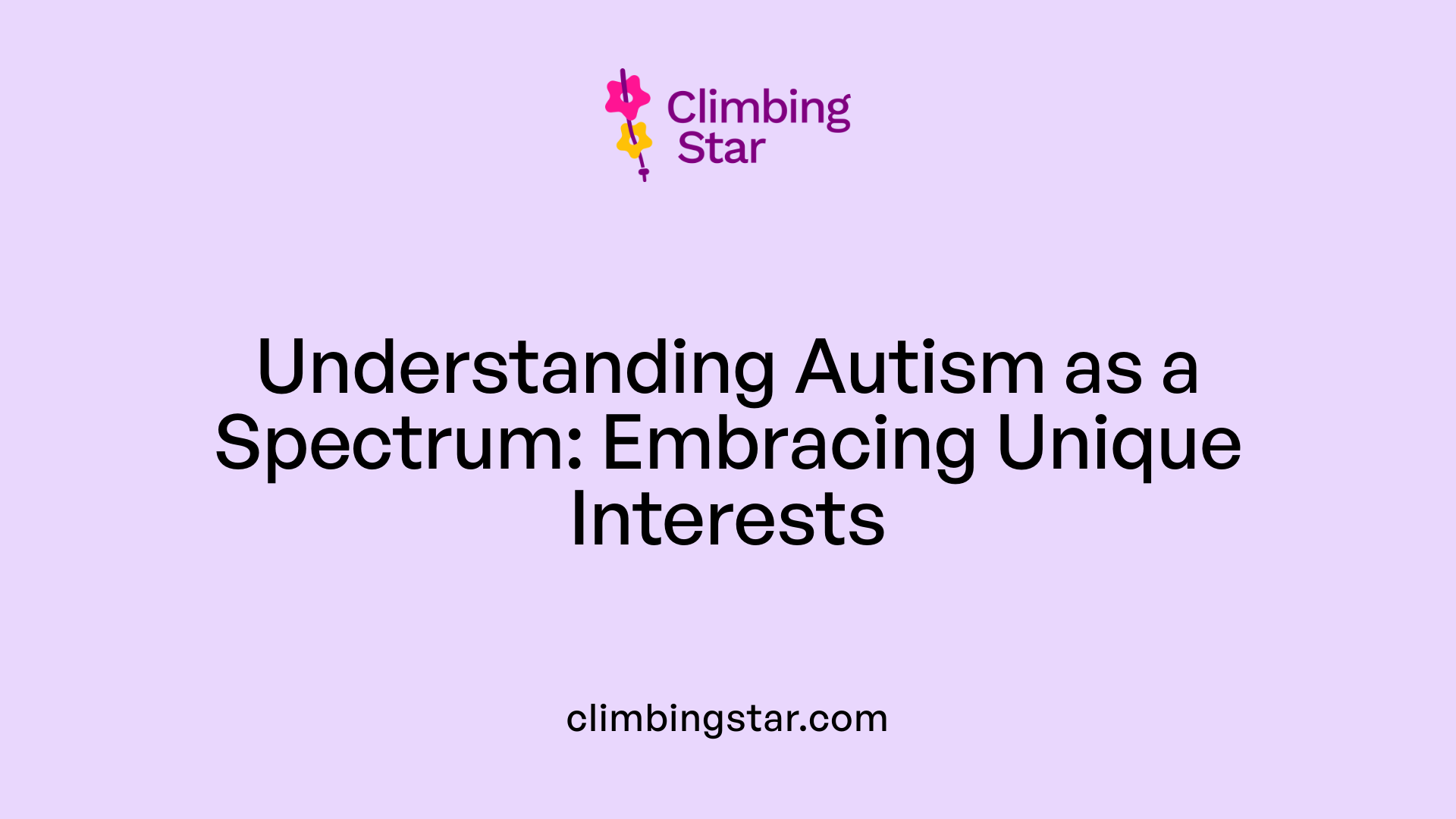
Why do some people associate autism with specific interests such as Sonic the Hedgehog?
Societal attitudes toward interests like Sonic the Hedgehog in autistic communities are evolving. Many autistic individuals develop deep, focused passions that they often describe as sources of joy, comfort, and personal mastery. These intense interests are viewed increasingly as a natural part of neurodiversity rather than mere quirks.
Research supports that such focused interests can serve as a positive expression of autistic identity. For many, engaging with characters like Sonic the Hedgehog is more than just fandom; it is part of how they find community, express themselves, and build confidence.
However, societal perceptions aren’t uniform. Some misconceptions persist, with stereotypes framing these interests as unusual or problematic. Nonetheless, growing understanding and acceptance are shifting the narrative, viewing these passions as vital components of autistic identity.
Why do many in the autism community emphasize support and research?
Advocates and public figures stress that understanding autism and providing tailored support is essential for fostering fulfilling lives. Support mechanisms help develop skills, offer independence, and improve mental health. Increased focus at governmental levels often results in better resources, research, and societal acceptance.
Autism advocates also make a clear distinction: autism is primarily rooted in genetics and is a natural variation of human neurodiversity. They emphasize that autism should not be viewed as a condition to be eradicated, but as an integral aspect of a person's identity.
Support and acceptance go hand-in-hand. Promoting understanding reduces stigma, allowing autistic individuals to participate fully in society. More research helps improve therapies and support systems, making life easier and more meaningful for many.
What are some perspectives of the autism community on how society views autism?
Many within the autism community oppose the idea of eradicating autism, viewing it as a vital part of an individual’s identity rather than a disease. They advocate for acceptance and inclusion, emphasizing the importance of recognizing diverse ways of experiencing and interacting with the world.
Public figures often highlight the importance of support systems that respect the unique strengths of autistic people. They advocate for increased awareness and resources to assist those with profound autism, while also celebrating the diversity within the community.
How do interests like Sonic the Hedgehog influence self-confidence?
Interests such as Sonic serve as more than entertainment for many autistic individuals. They are a source of confidence and a way to connect with others who share similar passions. These focused hobbies often help autistic people feel a sense of achievement and belonging.
Such interests demonstrate a broader truth: engaging deeply with something you love can be empowering. Society is gradually recognizing the importance of these passions as strengths that foster resilience, creativity, and community.
| Aspect | Details | Additional Notes |
|---|---|---|
| Perception of Interests | Seen as natural and positive | Growing acceptance but some stereotypes remain |
| Role of Support | Helps develop independence and confidence | Critical for wellbeing and societal inclusion |
| Community View | Emphasize acceptance, not curing | Autism as part of identity, not a flaw |
| Influence of Interests | Boosts self-esteem and social bonding | Examples include Sonic, furry fandom |
Understanding autism as a part of identity—rather than a condition to be cured—shapes a more inclusive and respectful society. Recognizing diverse interests and supporting individual strengths are crucial steps toward a more accepting world.
Cultural Resonance and Nostalgia in Sonic's Appeal
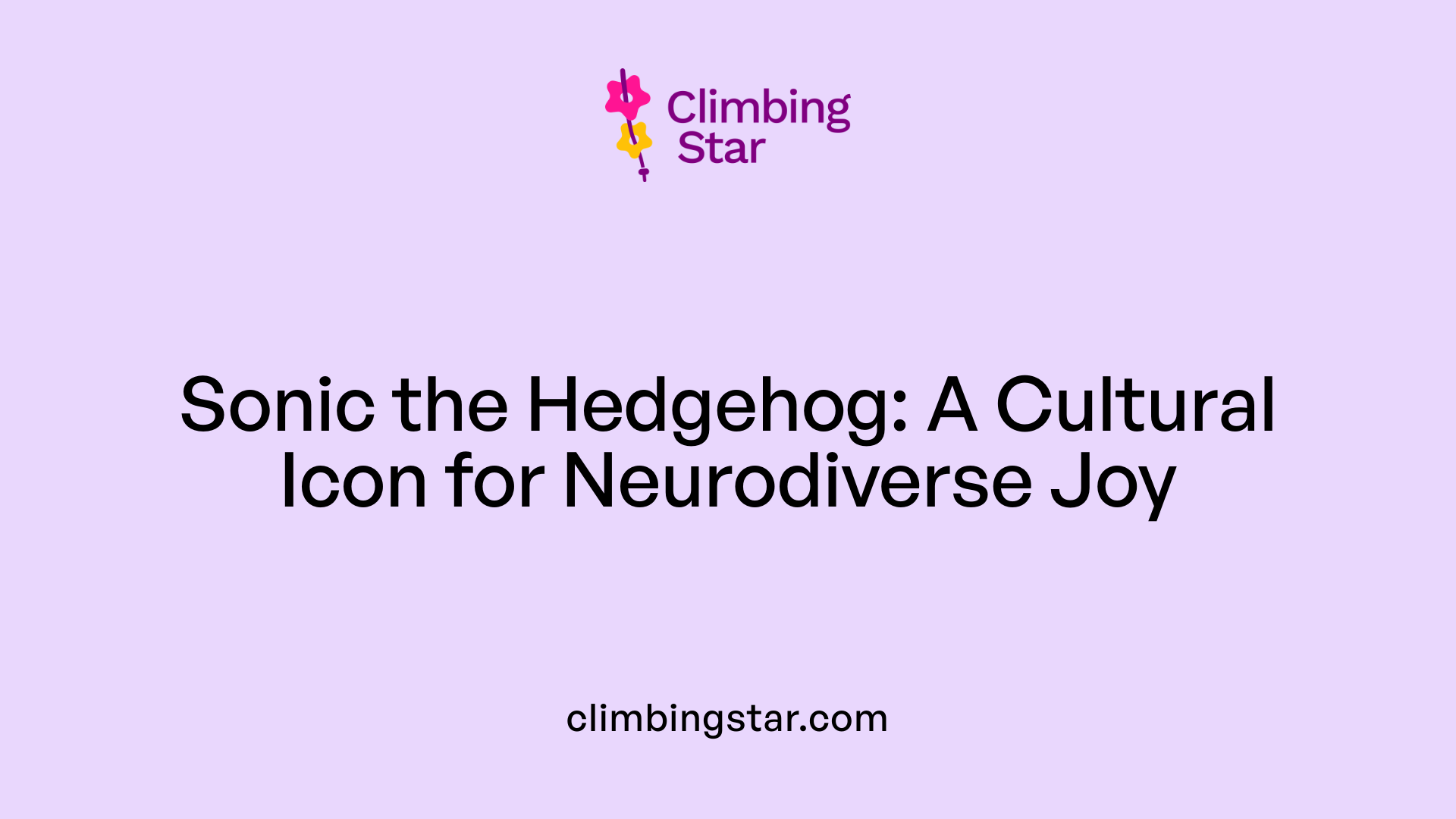
What is the current understanding of autism's causes?
Autism spectrum disorder (ASD) is primarily rooted in genetics, with numerous studies indicating that inherited traits play a crucial role. Despite some public figures raising concerns—such as claims linking Tylenol use during pregnancy to autism—scientific research has not established any causal relationship between prenatal medication use and the development of autism. Experts emphasize that these claims are unsupported by credible evidence and highlight the importance of relying on well-founded research to understand autism.
How have public statements impacted perceptions about autism?
Statements by some political leaders, including former President Trump, suggesting that common medications like Tylenol could cause autism, have caused outrage and disappointment within the autism community. Parents and autistic individuals feel these comments overlook the scientific consensus and may contribute to undue fear or stigma.
What is the community’s view on autism and its treatment?
Many within the autism community oppose the idea of eradicating autism entirely. They view autism as an integral part of individual identity rather than a condition needing a cure. Supporters advocate for increased research and better services that promote understanding, acceptance, and support for autistic people—especially those with profound autism.
How do societal attitudes evolve around autism?
In recent years, attention from government and advocacy groups has increased, fostering a more nuanced understanding of autism. While efforts continue to improve research and support systems, there's an ongoing conversation about respecting neurodiversity and ensuring that autistic individuals are valued and included.
| Aspect | Description | Additional Notes |
|---|---|---|
| Scientific understanding | Autism is mainly genetic; no proven link to prenatal Tylenol use | Supports focus on research and acceptance |
| Public statements | Remarks linking autism to Tylenol or vaccines are unsupported by science | Can influence public perception negatively |
| Community perspectives | Many view autism as part of identity, oppose eradication efforts | Emphasizes acceptance and tailored support |
| Societal progress | Increased recognition and support, but ongoing debates about neurodiversity | Encourages respectful dialogue and ongoing research |
Addressing misconceptions and fostering support
Correcting misinformation about autism helps reduce stigma and promotes a more inclusive environment. Public education campaigns are vital in dispelling myths and emphasizing that autism is primarily a neurodevelopmental variation with diverse ways of experiencing the world.
Supporting autistics and their families
Advocates highlight the importance of providing resources, acceptance, and understanding. Recognizing autism as part of human diversity aligns with efforts from public figures and organizations working toward greater inclusion.
By understanding the scientific consensus alongside community perspectives, society can work toward a more compassionate and informed approach to autism.
Fandom and Community Aspects of Sonic
Many parents and individuals with autism have expressed concerns regarding recent comments made by President Trump about Tylenol use during pregnancy and its supposed link to autism. It is important to clarify that scientific research has not established any causal connection between Tylenol and autism spectrum disorder (ASD). Autism is primarily rooted in genetic factors, and credible studies have consistently shown no evidence supporting the idea that Tylenol use during pregnancy increases the risk of autism.
Similarly, claims linking vaccines to autism have been thoroughly investigated and debunked by scientists worldwide. Comprehensive research continues to support the understanding that vaccines are safe and do not cause autism. These misconceptions can contribute to confusion and stigma, which is why accurate, evidence-based information is crucial.
Within the autism community, many public figures emphasize that the focus should be on providing adequate support and promoting research to understand autism better. They highlight the importance of respecting autism as part of the natural diversity of human neurodevelopment. Many individuals and families within the autism community oppose the idea of eradicating autism, viewing it not as a disease to be cured but as an essential aspect of identity.
In recent times, increased governmental attention towards autism has been seen as a positive step. It encourages the development of better support systems, educational programs, and acceptance initiatives. These efforts aim to improve the quality of life for autistic individuals, especially those with profound autism who require more comprehensive support.
An interesting cultural facet related to neurodiversity is the furry fandom—a vibrant subculture centered around anthropomorphic animals. This community often provides a space for creative expression and social connection. It exemplifies how niche interests can foster inclusion and belonging, which are vital for mental well-being.
Autistic individuals often develop deep, focused interests that serve as sources of comfort and emotional regulation. For many, Sonic the Hedgehog is one such interest. This affinity can be explained by several factors:
- Many autistic individuals enjoy video games, which often feature Sonic's fast-paced gameplay and dynamic character design.
- These interests provide sensory stimulation that is engaging yet manageable, aiding emotional stability.
- Fandom communities related to Sonic offer opportunities for social interaction and sharing expertise, fostering a sense of belonging.
- The detailed knowledge that autistic fans accumulate about Sonic—such as game mechanics, storylines, and characters—enhances their engagement and enjoyment.
Overall, the relationship between autism and fandom communities highlights the importance of understanding subject interests as avenues for support, social connection, and self-expression. These communities can play a vital role in promoting inclusion, celebrating neurodiversity, and enriching the lives of individuals with autism.
| Aspect | Explanation | Additional Details |
|---|---|---|
| Autism and Genetics | Autism is largely linked to genetic factors. | Scientific consensus supports the genetic basis of autism. |
| Myths vs. Evidence | Misconceptions about vaccines and Tylenol persist. | Extensive research has debunked these claims. |
| Support and Acceptance | Emphasis on support rather than cure. | Many oppose the eradication of autism, valuing diversity. |
| Community Engagement | Fandoms like the furry community promote inclusion. | Creative outlets help individuals find belonging. |
| Sonic and Autism | Autism interests often include favorite video games. | Sonic's appeal is linked to sensory and emotional needs. |
Understanding these aspects helps in fostering a more informed and supportive environment for autistic individuals, recognizing the importance of community and shared interests in enhancing quality of life.
The Broader Context of Autism and Personal Interests
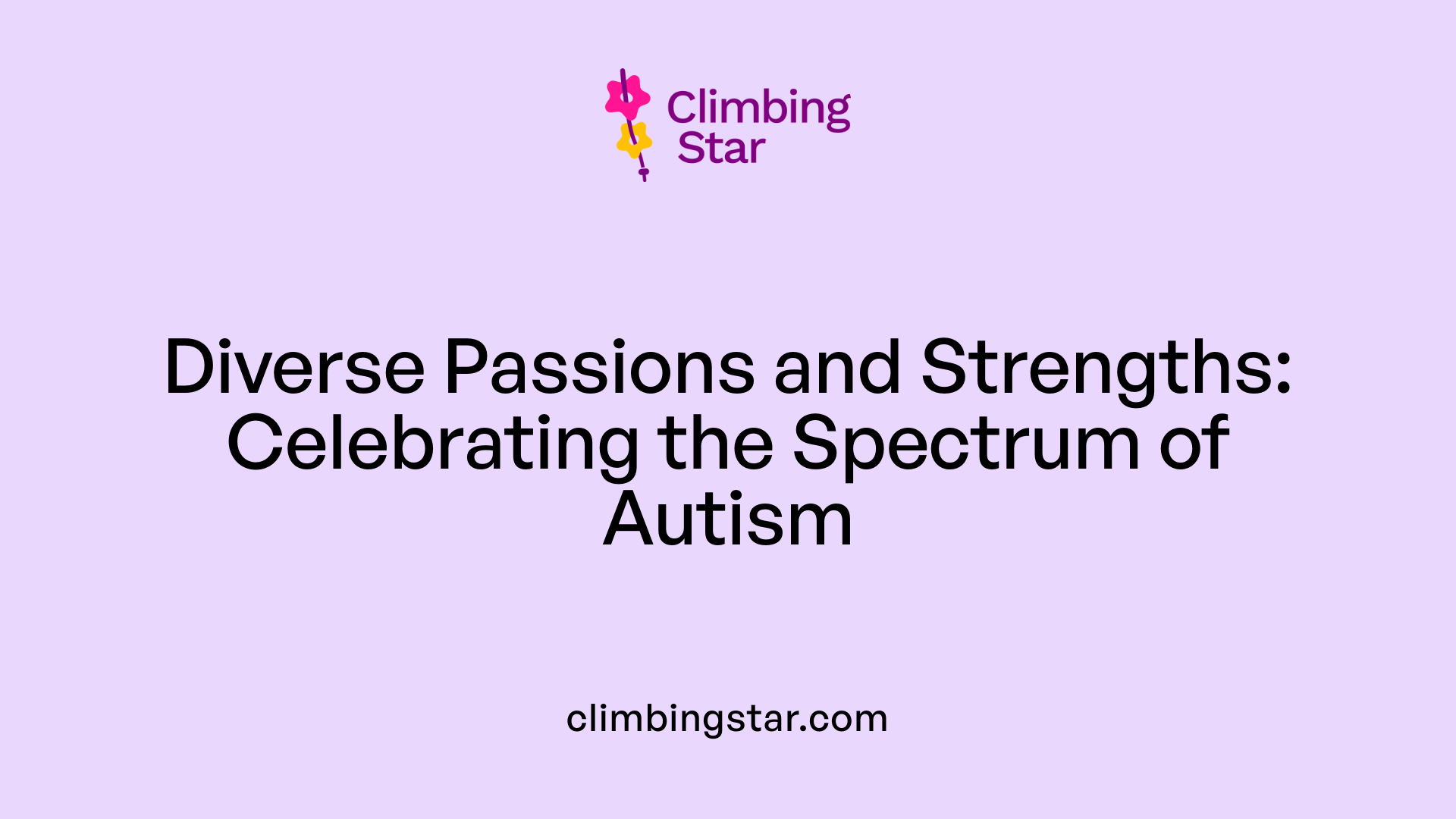 Autism is a complex neurological condition that manifests in a wide range of behaviors and preferences. It is best described as a spectrum, meaning that each individual with autism has a unique set of traits, strengths, and challenges. One aspect that varies greatly across the spectrum is personal interest and hobbies.
Autism is a complex neurological condition that manifests in a wide range of behaviors and preferences. It is best described as a spectrum, meaning that each individual with autism has a unique set of traits, strengths, and challenges. One aspect that varies greatly across the spectrum is personal interest and hobbies.
Many autistic individuals develop intense passions or focused interests. These can include anything from specific subjects like trains or science to creative pursuits such as art or music. One popular interest among some in the autistic community is the fandom surrounding anthropomorphic animals, known as the furry fandom. This subculture involves an admiration for characters that blend human and animal features, often expressed through art, costumes, and social gatherings.
Understanding autism as a spectrum allows for recognizing and respecting these diverse interests as part of an individual’s identity. Rather than viewing focused passions as merely hobbies, they can contribute meaningfully to a person’s sense of self and emotional well-being. This diversity highlights the importance of supportive environments where everyone’s preferences are acknowledged and valued.
Conclusion: Embracing the Light of Neurodiversity
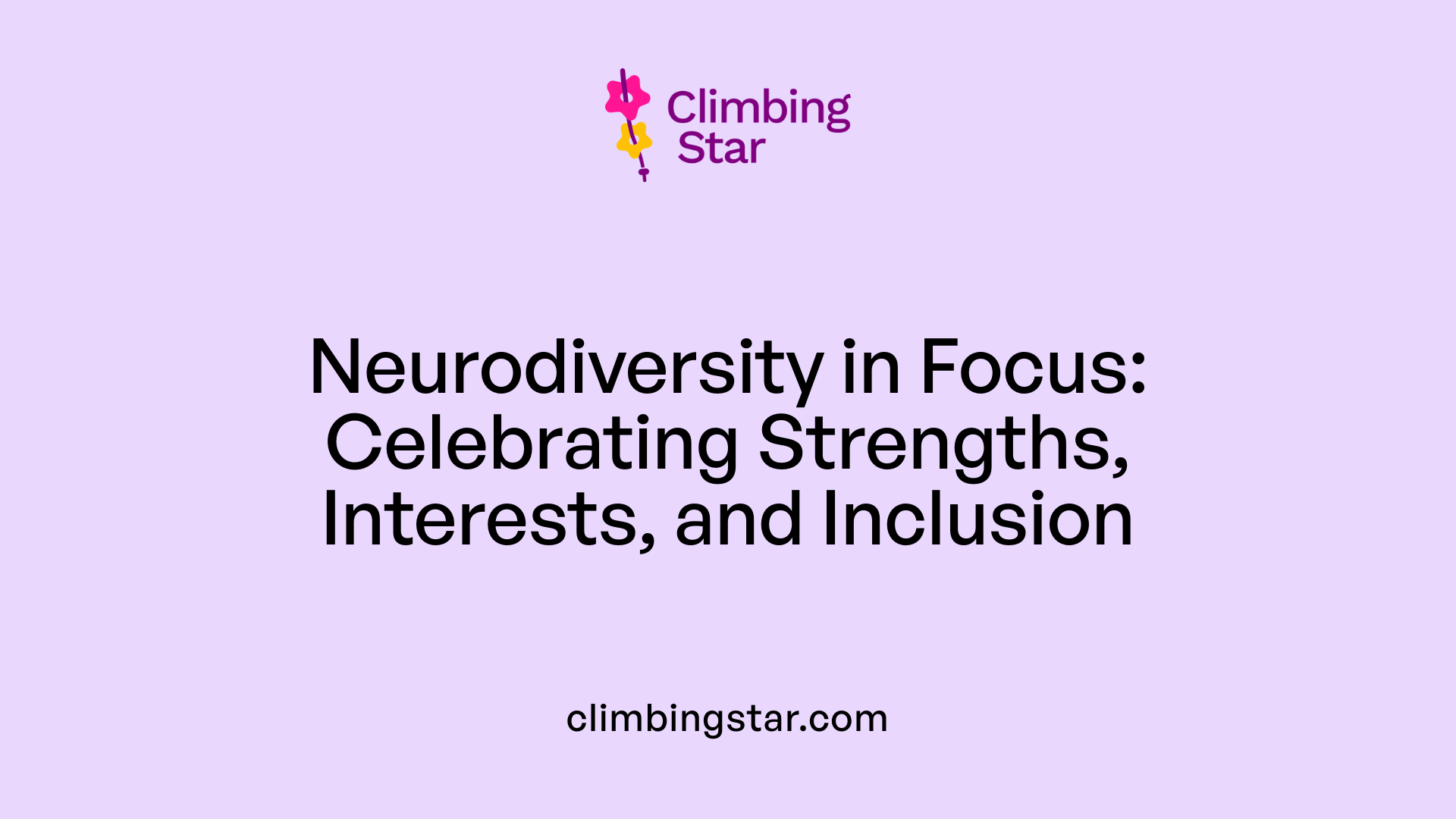
How do societal perceptions of interests like Sonic the Hedgehog influence perceptions of autistic individuals?
Interest in characters like Sonic the Hedgehog is often seen as a fascinating aspect of many autistic people's lives. Society is gradually recognizing that these intense and focused passions are more than mere hobbies—they are expressions of individual identity and sources of joy. For many autistic individuals, their interest in Sonic provides comfort and a sense of mastery, fostering confidence and community connection.
While some misconceptions still exist, especially where stereotypes can lead to misunderstanding, there is a broader shift toward appreciating these interests as valid. The focus is moving from viewing such passions as quirky eccentricities to understanding them as natural neurodiverse traits that enrich personal and social experiences.
Why are support and research essential for people with autism?
Support and research form the backbone of a society that values inclusion and understanding. Tailored interventions and therapies are vital in helping autistic individuals develop skills and confidence to lead independent lives.
Public figures, advocacy groups, and government entities increasingly emphasize the importance of funding and prioritizing autism research. This increased attention facilitates better educational resources, therapeutic practices, and social acceptance.
Most within the autism community oppose labeling autism as a disease to be eradicated. Instead, they highlight that autism is a part of identity, offering different perspectives and strengths. Respecting and understanding this diversity help reduce stigma and promote a more inclusive society.
Supporting diversity in interests and identities
The autism community celebrates the diverse ways people see the world and express themselves. Interests like Sonic the Hedgehog, or belonging to cultural subgroups such as the furry fandom—focused on anthropomorphic animals—are part of that rich tapestry.
This supportive environment encourages society to view neurodiversity not as a problem to fix but as a natural variation of human experience. Recognizing and respecting these differences fosters acceptance, support, and the celebration of individuality.
| Aspect | Description | Impact |
|---|---|---|
| Interests like Sonic | Represent focused passions common in autism | Promote understanding and acceptance |
| Support and Research | Help autistic individuals thrive | Lead to better therapies and societal integration |
| Neurodiversity | Autism as a part of identity | Encourages respect and reduces stigma |
| Subcultures like Furry | Reflect diverse interests and expression | Enhance community support and inclusiveness |
Embracing Neurodiversity: A Celebration of Unique Interests
Understanding why many autistic individuals love Sonic the Hedgehog reveals much about the broader themes of neurodiversity, sensory needs, and community. Sonic’s vibrant, energetic nature mirrors the intense interests and passions that often define autistic identities. Society’s evolving perception—that these interests are valid, meaningful, and a source of comfort—supports broader inclusion and acceptance of neurodiverse experiences. Recognizing that autism is a part of personal identity, not a condition to be cured, underscores the importance of embracing and celebrating these differences. As public discourse continues to shift, fostering understanding and appreciation for diverse interests like Sonic becomes essential for building a more inclusive and supportive society, where neurodiversity is celebrated as a natural and valuable aspect of human variation.
References
- Trump's comments on autism evoke anger, hope among ...
- Furry fandom
- Autism Special Interest: A Deep Dive Into Passion and ...
- The impact of a positive autism identity and autistic ...
- Autism and Sound Sensitivity: Why it Happens and Coping ...
- What is autism
- Sensory Experiences for Young Adults with Autism - Transitions
- Sensory issues






